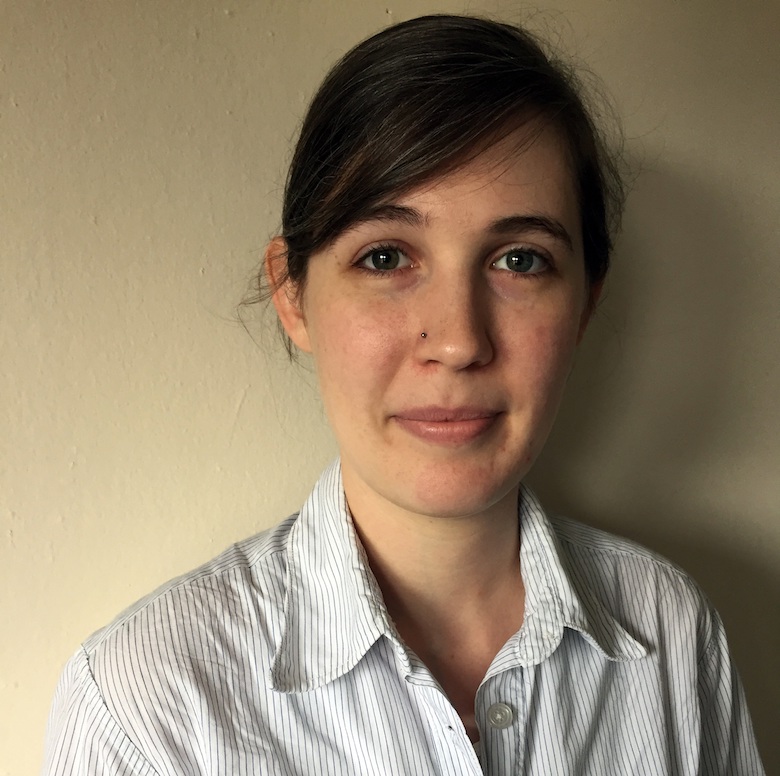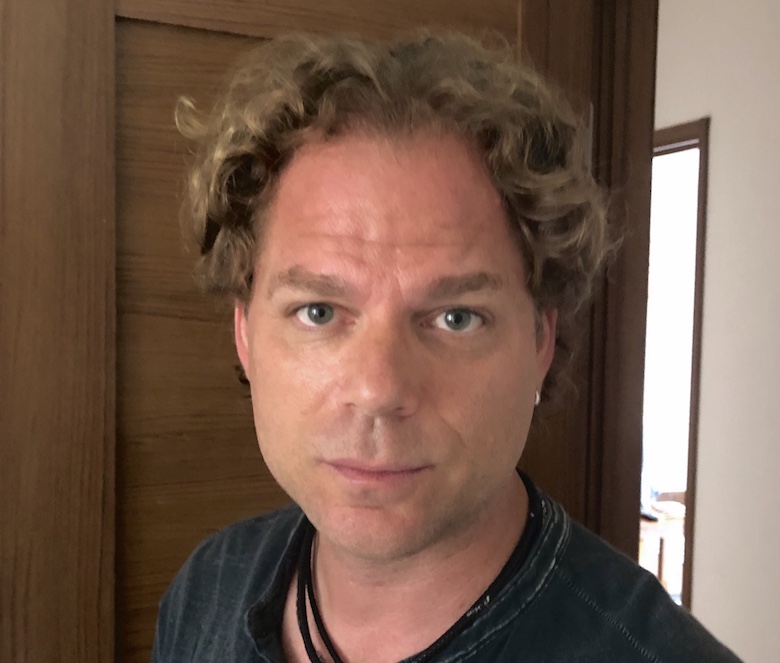The 29th Annual James Jones First Novel Fellowship awarded first place and $10,000 to Morgan M.X. Schulz of Wilmington, N.C., for his novel titled “Good Morning, Dr. Du Bois.”
The competition is co-sponsored by the Maslow Family Graduate Program in Creative Writing at Wilkes University and the James Jones Literary Society.
The runner-up was Jessie Roy of Chicago, Ill., for her novel “Brides.” The runner-up winner receives $1,000.
The James Jones First Novel Fellowship was established in 1992 to “honor the spirit of unblinking honesty, determination, and insight into modern culture as exemplified by (the writings of) James Jones.” Jones was the author of the National Book Award-winning novel From Here to Eternity as well as the novels “Some Came Running” and “The Thin Red Line.” It is awarded to a North American author of a first novel-in-progress.
First Place Winner:
Morgan M. X. Schulz is a graduate of West Point. He served as an officer in Italy. After the military, he happily took up the pursuit of the life and times of a writer and teacher. He has studied writing with Ernest Gaines, Philip Gerard, Luis Urrea, Rebecca Lee, Jonathan Baumbach, and Carey Harrison. In 2001, he completed a Master of Fine Arts degree in fiction at Brooklyn College. Schulz presently lives in Japan, dividing his time between writing, teaching, and dreaming up experiential immersions in Japanese culture under the moniker ThinkNGo.
Combining historical fiction with classic elements of noir, Schulz’s winning novel, “Good Morning, Dr. Du Bois,” traces the legendary Harlem Hellfighters’ inception as the 15th New York National Guard. The novel begins at the dawn of 1917. Dr. W. E. B. Du Bois, America’s foremost black Civil Rights leader, stands at the bay window of his private Harlem office, reading a letter left mysteriously at his front door. In the letter, a man going only by the name of “Ray” explains why he and his boys have volunteered for the infantry regiment now forming in Harlem. Up until that point, Dr. Du Bois has been all-out opposed to the American Negro’s voluntary involvement in the European war. However, the way Ray tells it, he and his boys aren’t glory-hounds or tomfools. Du Bois reconsiders. Perhaps this colonial war for the spoils of Africa is an opportunity, after all.
While commissioned as an all-colored unit, the 15th finds itself yoked to a complement of white officers. Nonetheless, Colonel Hayward, the unit’s white commanding officer, is bound and determined to get the unit to France and show its valor in battle, proving to America once and for all that “Black is a color in the rainbow.” From May through November 1917, however, the 15th is batted north and south, confronted with the reality of America’s color line. Inside the 15th, Raymond Bayard, the notorious Gentleman of Harlem, forms a secret brotherhood called “The Night Watch” to fight fire with fire. At the same time, the renowned Negro composer, James Europe, conducts the unit’s 40-piece band, his compositions fusing military marches with a new musical sound called jazz. But not even Europe’s music can hope to bridge the racial divide. On November 11, after a near race war erupts between the 15th and a white Alabama regiment in Camp Mills, Long Island, the War Department’s hand is forced. The 15th receives its orders to ship to France.
Runner-up:

Jessie Roy holds a Master of Fine Arts degree from Syracuse University and is currently a PhD candidate and Distinguished Dissertation Fellow at the University of Wisconsin-Milwaukee, where she serves as fiction editor for Cream City Review. Her short fiction has appeared in American Literary Review and is forthcoming in The Journal. Jessie is a three-time Hopwood Award winner, a Pushcart Prize nominee, and a finalist for several recent literary awards and prizes, including the Wisconsin Institute of Creative Writing Fellowship and the American Literary Review Award in Fiction. She grew up in western Kentucky and now lives in Manhattan with her wife. Find her at www.jessie-roy.com.
In Roy’s novel, “Brides,” a queer woman, Helena, struggles with the after-effects of being disowned by her family after her wedding. Helena guides the reader nonchronologically through her own memory, circling through the ordinary—her work designing custom gowns for brides, the past and present of her relationship with her wife, snapshots of childhood—in order to trace the shape of the people and places which she can no longer reach. After the death of her estranged grandfather, Helena must push beyond her memories and look deeper into the past, imagining and re-imagining a family history that could have room for her inside it.
Entering The James Jones First Novel Fellowship Competition
Please note: the James Jones First Novel Fellowship will no longer be accepting snail mail submissions. Entries for the 2021 contest will be accepted beginning October 1, 2020. Entries should be sent to jamesjones.submittable.com/submit no later than midnight, March 15, 2021, Eastern Standard time. Entry fee is $30 plus a $3 processing fee. For more information, please contact us at jamesjonesfirstnovel@wilkes.edu.
Manuscript Guidelines: A two-page (maximum) outline of the entire novel and the first 50 pages of the novel-in-progress are to be submitted.
About the James Jones Literary Society
The James Jones Literary Society was founded in 1992 to further appreciation for Jones’s writings and to encourage academic study of his contributions to 20th century literature. In addition to the James Jones First Novel Fellowship, established by the James Jones Literary Society in 1992 and now co-sponsored with Wilkes University, the society sponsors an essay contest for high school students and the annual James Jones Symposium at Eastern Illinois University. For more information, please visit https://jamesjonesliterarysociety.org
About the Wilkes University Maslow Family Graduate Program in Creative Writing
Wilkes University’s Maslow Family Graduate Program in Creative Writing offers the master of arts and master of fine art degrees in fiction, creative nonfiction, poetry, screenwriting, playwriting, publishing and documentary film. Program faculty are working, producing writers who mentor students one-on-one through the process of creating a full-length creative project. The Graduate Creative Writing program is offered in two formats. In the low-residency format, students learn online and attend two eight-day residencies each January and June. For the weekender program, students will learn online and attend four face-to-face weekend class sessions each term. For more information, please visit www.wilkes.edu/creativewriting.
